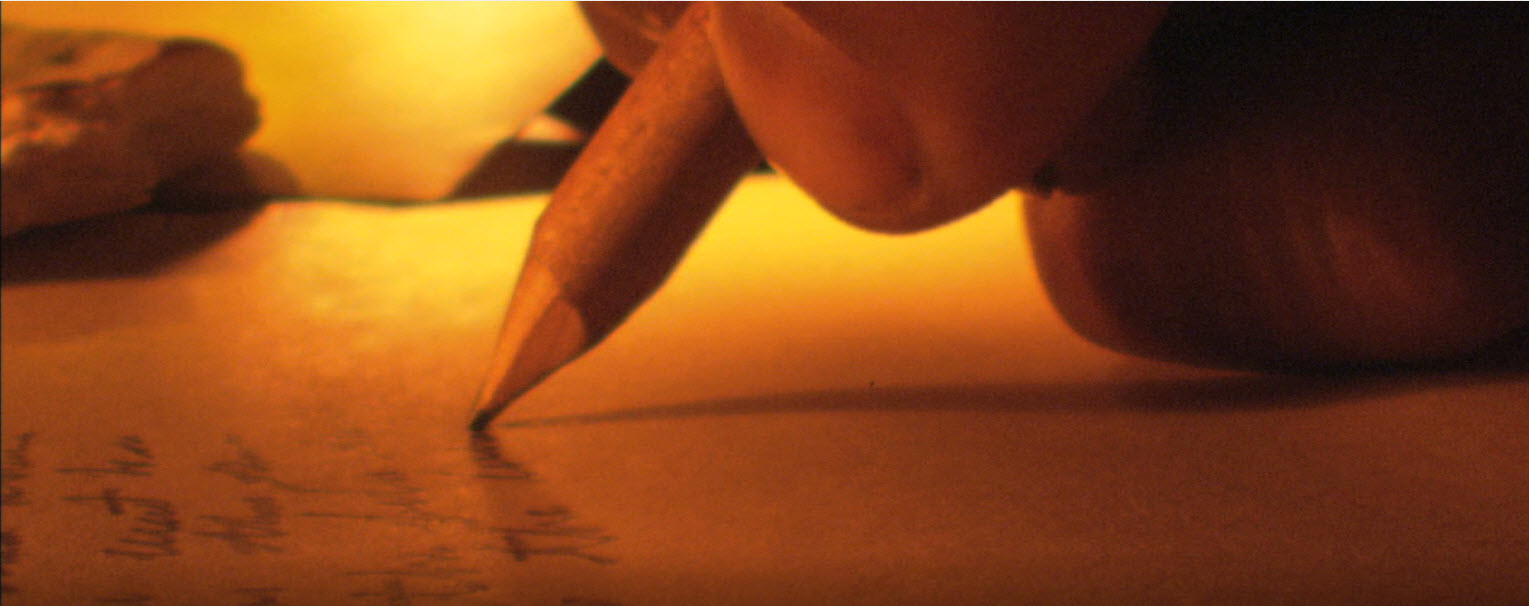T120618032128
1 People complain about what they don’t have instead of finding solutions. No one should seek to do as they please out of sheer desire. That is wrong — every wrongdoing has its consequences.
2 I am not here to judge, but to tell you that every wrongdoing has its consequences. You have free will to do as you please. It does not matter how you want to manifest; whatever your choice is, it should not be driven by desire or engulfment.
3 Neither should it be driven by “I want this,” “I want that,” or by the desire to push others out of your life because you see them as a burden or a hindrance to you.
4 You have to see the greater picture: What is your desire driving you to do? That must always be considered alongside the consequences of your actions.
5 There is a law of cause and effect that will eventually take place. (*)God never keeps anything unjustly. Everyone must do their deeds and pay their dues regardless, because in the end, no matter what you did, no matter what you had, no matter how much you wanted this or that, in the end, you will have to stand before the truth of your actions as you hold on to dear life.
6 When you do, you are going to look back and see what you have done wrong to deserve what stands before you, and you will feel awful and terrible if you do not do what is right throughout your remaining time, for it will rebound upon you when you call for justice.
7 Always, in the end, when you are holding on for dear life, all you truly want is justice, and justice will be served in this life or in the next, if necessary.
8 In holding on for dear life, you will become desperate. And when you realize you are running out of time, trying to catch up and make amends for everything you have done wrong, you will rush to make amends and feel self-pity, seeking forgiveness, because you know that time is running out — death.
9 That is when you may become a manipulator — seeking pity from others so they will forgive you for your wrongdoings. And upon asking for your forgiveness, you will also seek to forgive those who did you wrong.
10 But such forgiveness will only go so far, for it creates nothing more than an artificial rebalance. If you acted out of fear and not from the heart, then when you leave the earthly world and reach another plane of existence, judgment day will arrive, and you will behold the entire picture. In that moment, you will see that it is you, and you alone, who must face the fullness of your actions, for there will be no external influences. As a spirit, you will be completely just with yourself, no longer shaped or influenced by your human nature.
11 As spirit, you will see the raw truth of what you did and who you were. And in that state, you will judge yourself. You will seek to determine how to ease your own burden — as a rebalancing of the universal law.
12 Just as one on Earth assesses oneself and bears the weight of one’s own actions, one also brings judgment upon oneself, as humanity so often does. And so the suffering, the consequence, and the punishment one imposes upon oneself in the earthly plane continue, often without one even realizing. In the same manner, one will act at the spiritual level when one revisits the harm that has been done. That is how one will examine and heal oneself by incarnating again in order to amend the wrong that was caused.
13 If the human being has self-assessed in life and has imposed punishments upon themselves — sometimes so severe that even they themselves can barely believe — in that same manner, they impose upon themselves their own severe punishments before the inner judgment of the Self to purge the harm they have done.
14 This is seen every day in the suffering of all those beings who live in hardship — in the absence of what they want or in how difficult it becomes for them to reach their goals. That is something one does to oneself.
15 Therefore, if one understands that the path and the punishment have been enough, and that what needed to be learned has indeed been learned, then one no longer needs to continue with their punishment.
16 One can self-proclaim, lift one’s own burden, no longer condemn oneself—move forward and advance. This is where compassion arises: having compassion for oneself.
17 All this is an unfolding process of events — a chain of events that moves from one to the next. We are individual souls searching for truth. Some do not even remember why they are here; others do not care. But for the conscious soul, the path becomes difficult because they know what must be done. You see?
18 The one who forgets will eventually learn, and the one who does not care eventually will as well. The learning path, the one you have right now, is the chosen one—to be fully conscious of what it takes to transcend, to know who you truly are, and where you are heading. It is your chosen path, and it is the same for those who choose to be conscious of it.
19 Many others are searching for that Higher Truth, but they don’t know whom to turn to. Those are the ones you (FV) will reach.
End of Transcript 120911182057
Annotations
Article 5—The words ‘God never keeps anything unjustly’ left me with a deep remembrance of their meaning, as if I had known them in past lives. After conducting further research, I discovered that their essence is found in one of the most beloved and widely studied texts in Buddhist scripture. Dhammapada 127 — ‘There is nowhere to escape the consequences of evil deeds.’

